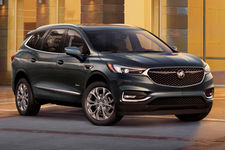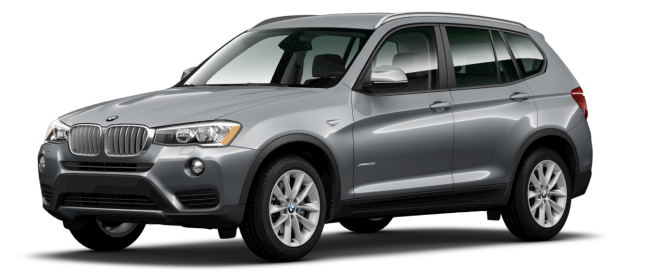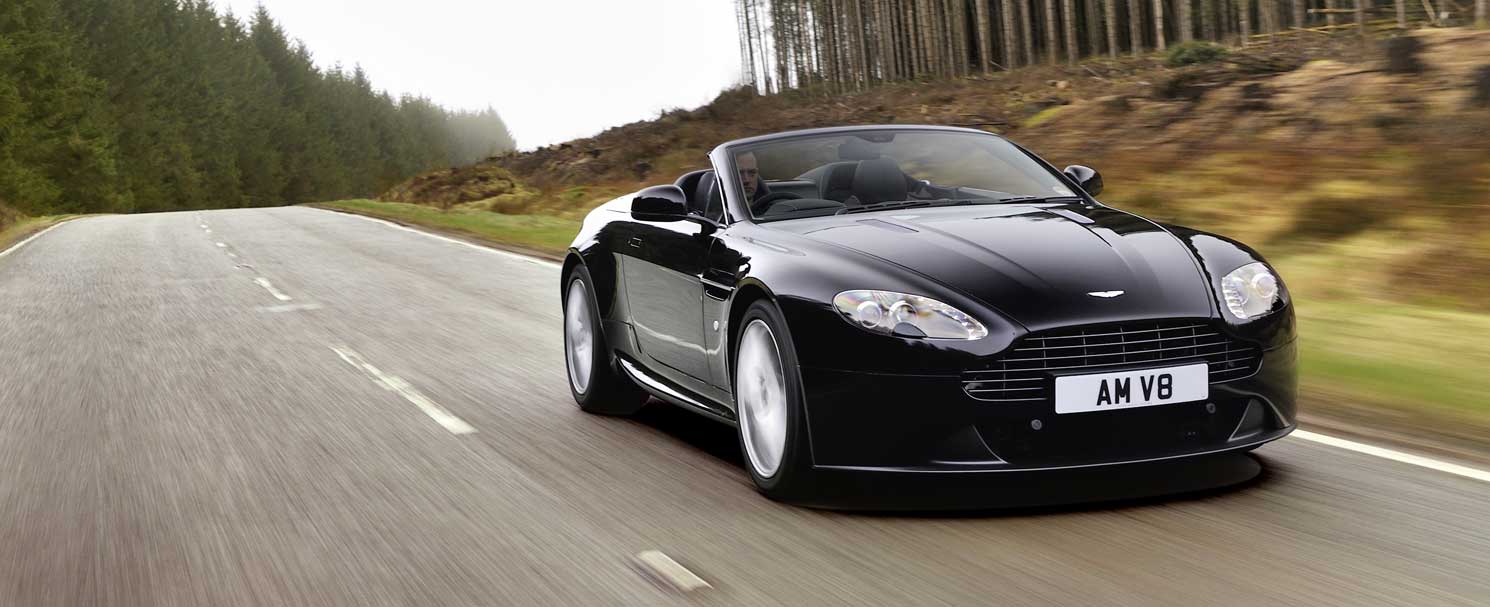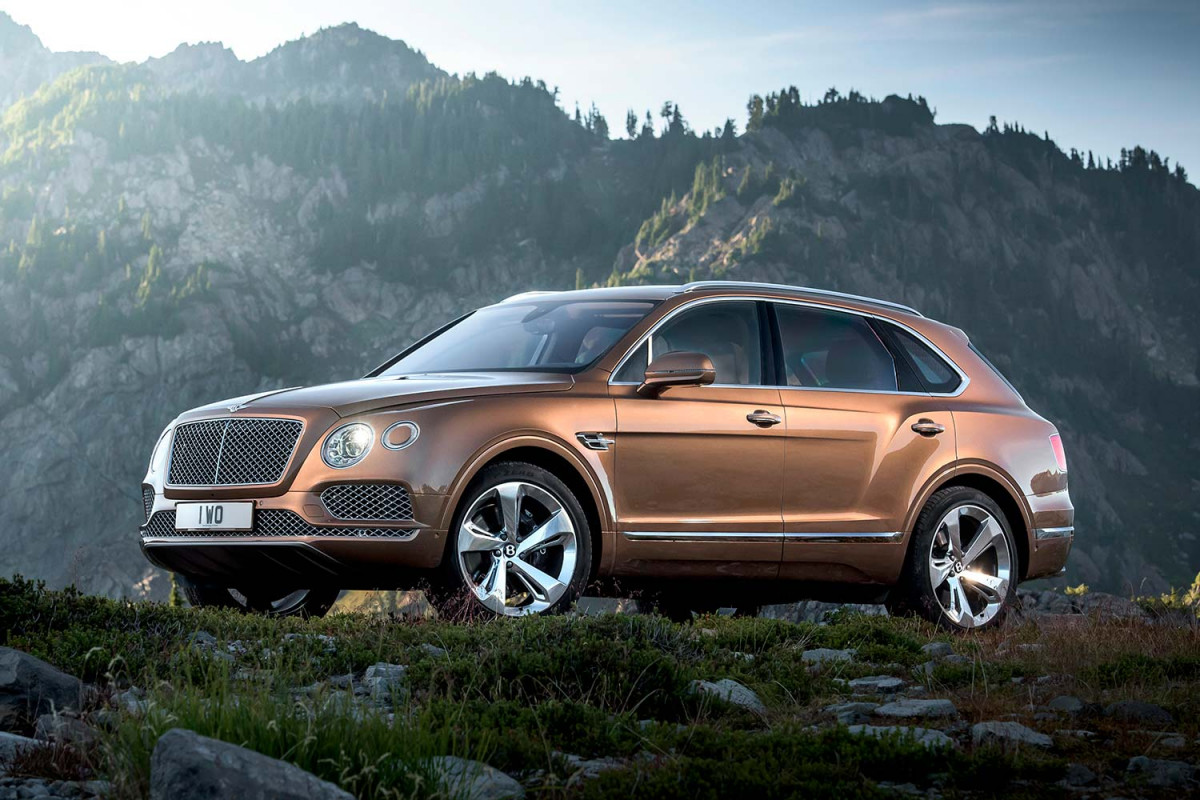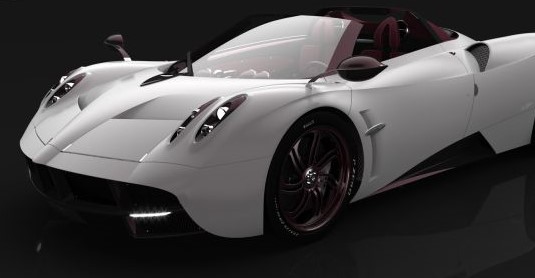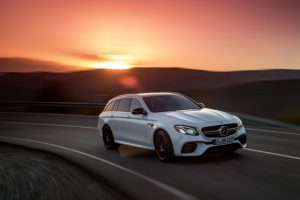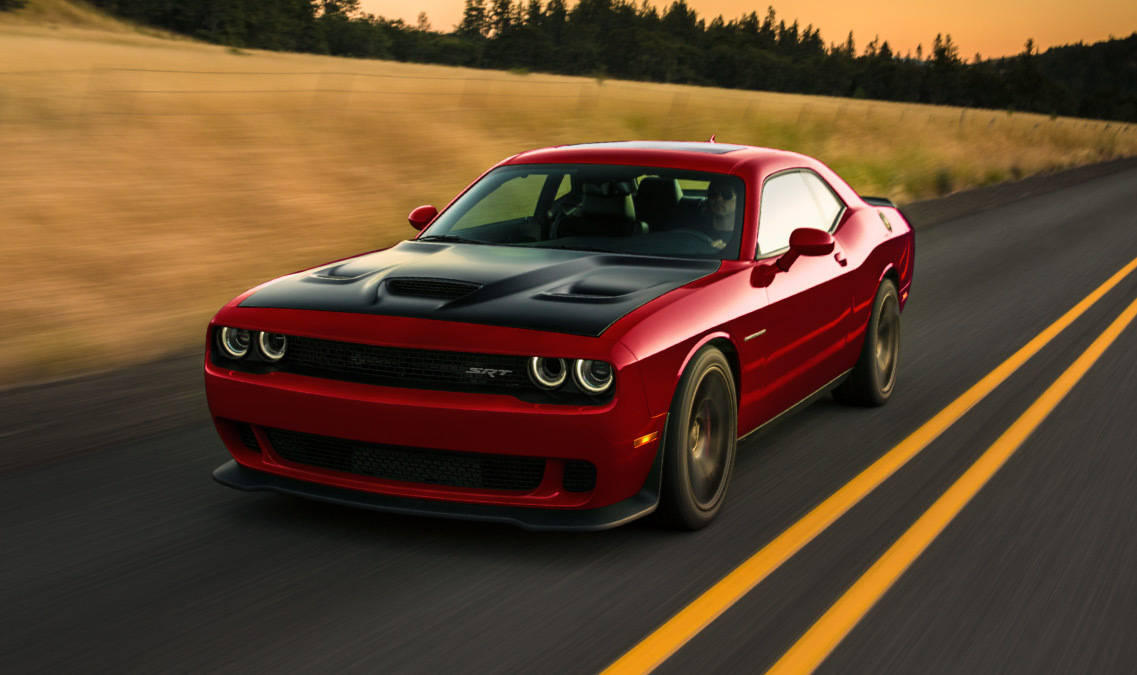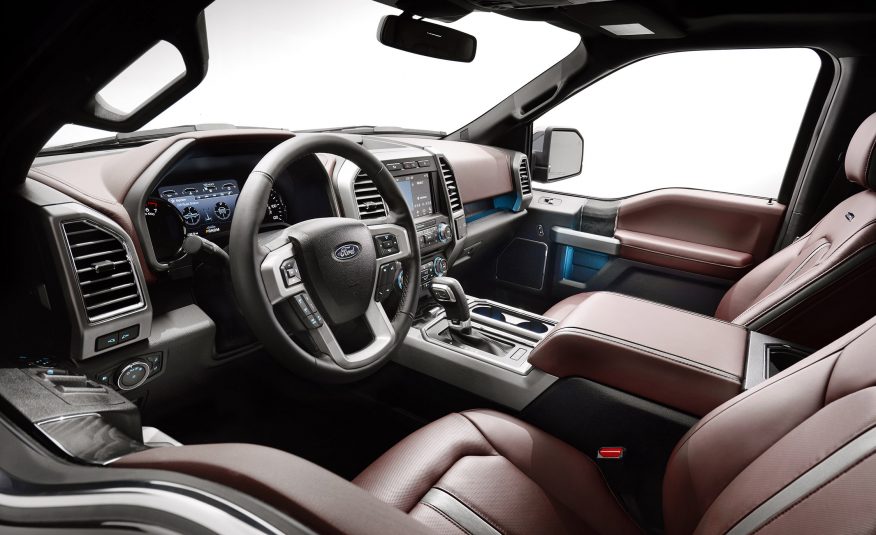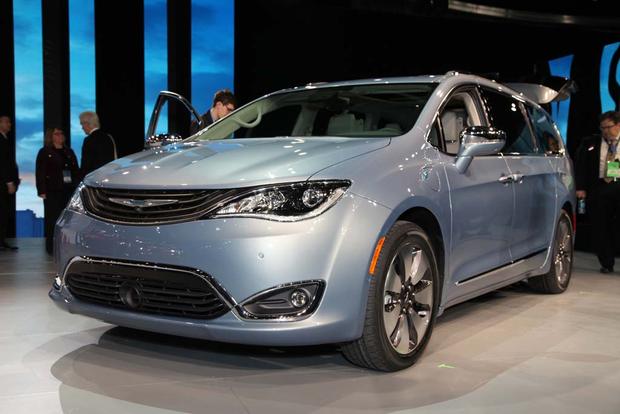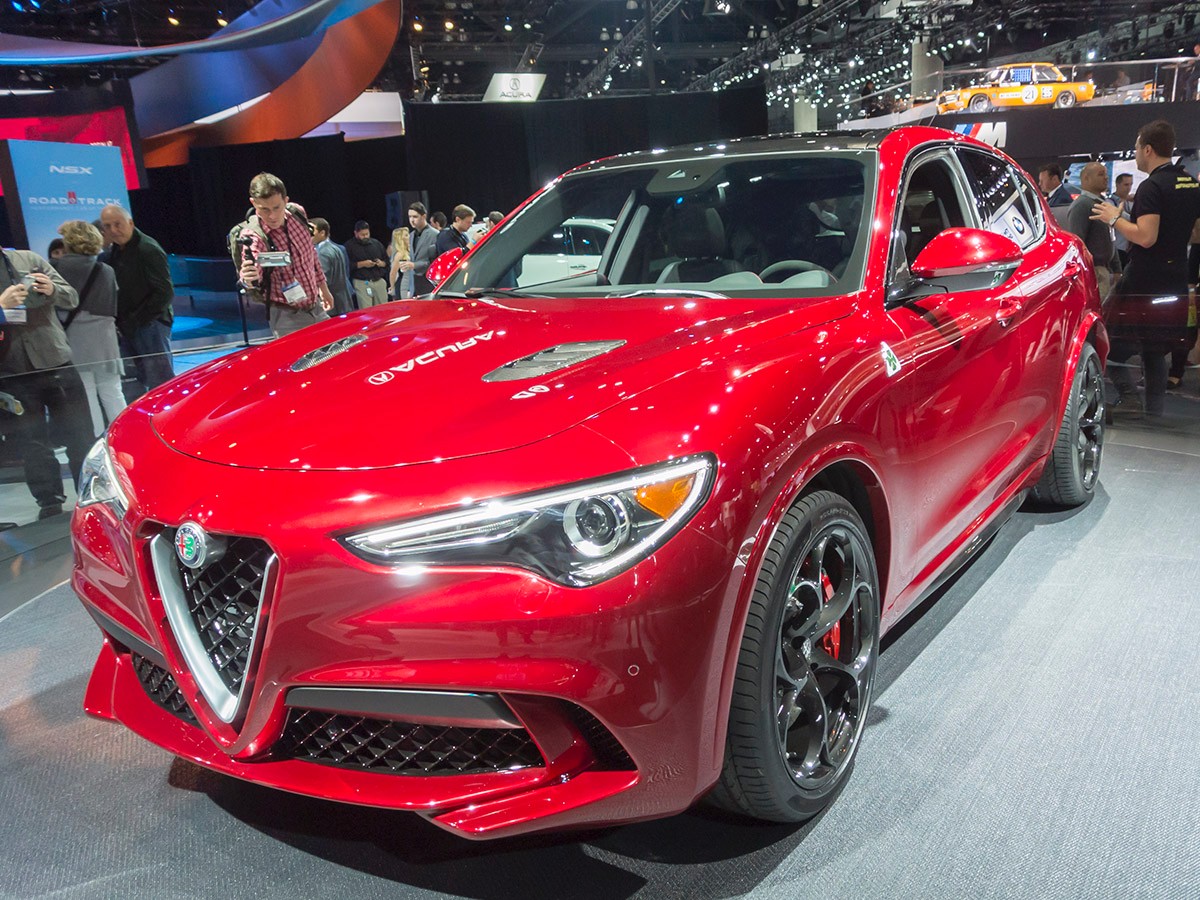-
2018 Buick Enclave “Avenir” will have ionic air purifier - April 12, 2017
-
Lease a Luxury Car for Less Than You Think - April 5, 2017
-
Shopping for a Car When Your Credit is Low - March 31, 2017
-
Aston Martin Closer to Unveiling Second-Generation Vantage - March 21, 2017
-
2017 Bentley Bentayga SUV: Offroad for $238,000 and Up - March 14, 2017
-
Pagani Huayra is Finally Here, Only $2.4M - March 9, 2017
-
Mercedes AMG E63 – For When Your Wagon Needs Drift - February 6, 2017
-
2018 Audi Q5 SUV: Enhanced Performance - January 30, 2017
-
2018 Toyota Camry Due in Late Summer - January 27, 2017
-
2018 Dodge Challenger SRT Demon Will Outstrip Hellcat - January 23, 2017
May Madness: Trade-Ins Sought by Dealers in Used Car Crunch
It’s no longer a secret to those with their ears to the ground that cars are a hot commodity in America today, with the shortage of Toyota and Honda models driving a wider industry shortfall. But some new numbers from CNW Research, an independent enterprise providing auto sales data, show that there’s a surprising inequity in how used car sales are happening across the country.
A recent report from CNW shows that with pre-owned vehicles commanding outsized prices during this vehicle shortage, some dealerships are booming while others are actually losing sale volume. Research on last month’s dealership numbers reveals that while “franchised” dealerships are experiencing an increase in sales (about 2%) independent shops are seeing sales fall over 4%, and private party sales, meaning auto sales by owner, are down about 3%.
Several things are at work in today’s auto market: as more customers lose their appetite for new car purchases, they turn to a used car market already experiencing shortages as dealers scour auctions and wholesale venues for already-driven vehicles. Then there’s the idea that someone who is upgrading their ride, and most likely financing part or all of their new (but pre-owned) purchase, is going to want to get top dollar for their older car. According to CNW, franchised dealers are offering “above-book trade-in values” where the same customers who pay more for their purchases get more for their trade-ins. This explains part of the domination of the big dealers over smaller ones, but in addition, CNW points out that big dealers are scooping up inventory with bigger pools of cash, making it harder for small dealers to get what they need to sell on the lot.
As for private party sales, those driveway deals where drivers bypass the middle man and transfer a title directly at the DMV, the dip in sales means that some dealers, like those attached to specific manufacturers, must be offering some pretty nice incentives in the form of higher trade-in values. That’s apparently turning customers away from the street and in toward dealers who will value a customer’s existing family car according to the “new normal.”
The bottom line here is clear for any driver who owns one car and wants to exchange it for another: don’t settle for yesterday’s trade-in values. When you’re at the financing desk looking for a deal on a used car in 2011, make sure the person who you’re negotiating with known that you’ve perused up to date blue book values and considered the current “auto economy” and you’ll demand more for a set of used wheels that has dramatically increased in value due to market changes.
